30-3000TPD Peanut oil presser
Many vegetable oils are consumed directly, or indirectly as ingredients in food – a role that they share with some animal fats, including butter and ghee. The oils serve a number of purposes in this role:
Shortening – to give pastry a crumbly texture.
Texture – oils can serve to make other ingredients stick together less.
Flavor – while less-flavorful oils command premium prices[citation needed], some oils, such as olive, sesame, or almond oil, may be chosen specifically for the flavor they impart.
Flavor base – oils can also "carry" flavors of other ingredients, since many flavors are present in chemicals that are soluble in oil.
Secondly, oils can be heated and used to cook other foods. Oils suitable for this objective must have a high flash point. Such oils include the major cooking oils – soybean, canola, sunflower, safflower, peanut, cottonseed, etc. Tropical oils, such as coconut, palm, and rice bran oils, are particularly valued in Asian cultures for high temperature cooking, because of their unusually high flash point.
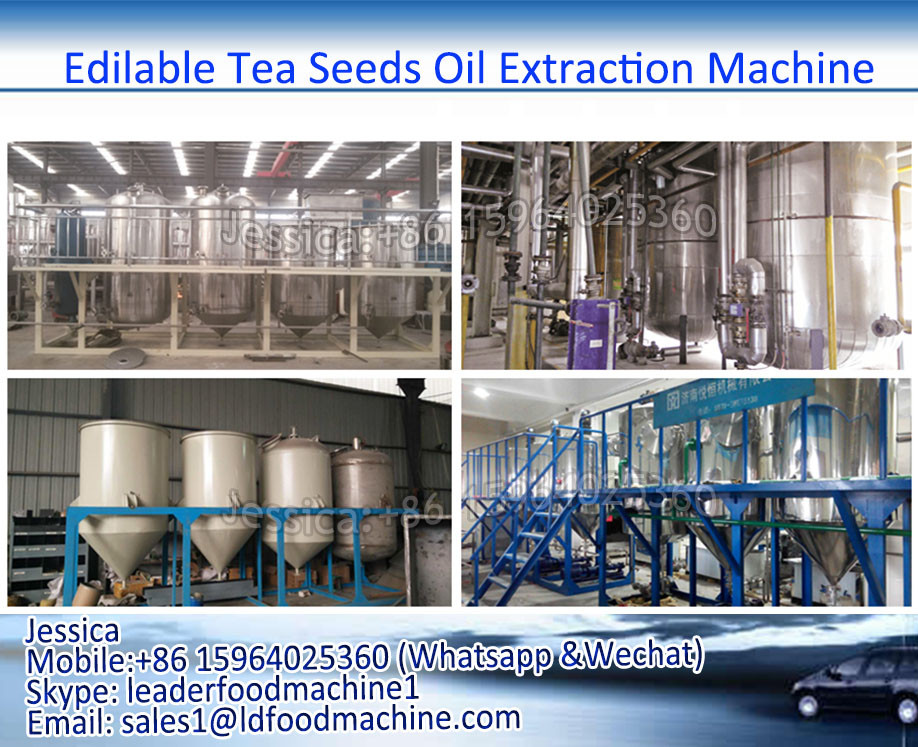
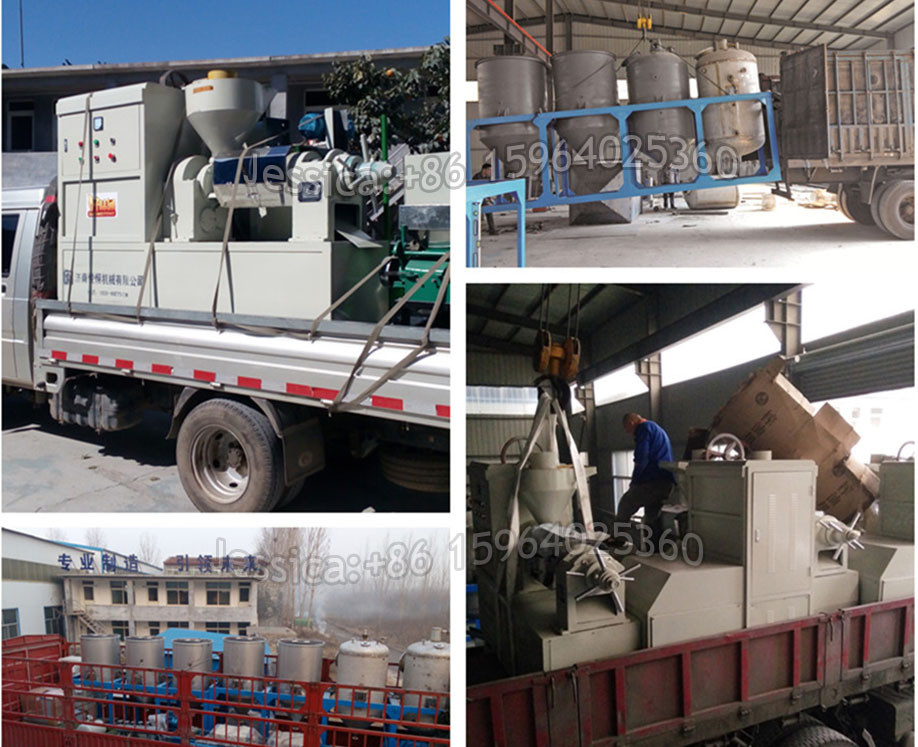
Process Features of Rotocel Extraction:
1. Adopt stainless steel fixed grid plate and increase the horizontal grid plates, which can prevent the strong miscella from flowing back to the blanking case, so as to ensure good extraction effect;
2. The rotocel extractor is driven by rack, with unique rotor of balanced design, low rotating speed, low power, smooth operation, no noise and quite low maintenance cost;
3. The feeding system can adjust the rotating speed of airlock and main engine according to the feeding quantity and maintain a certain material level, which is beneficial to the micro negative pressure inside the extractor and reduce the solvent leakage.
4. The advanced miscella circulation process is designed to reduce the fresh solvent inputs, reduce the residual oil in meal, improve the miscella concentration and save energy by reducing the evaporation capacity.
5. The high material layer of the extractor helps to form immersion extraction, reduce the meal quality in miscella, improve the quality of crude oil and reduce the evaporation system scaling.
6. Specially suitable for the extraction of various pre-pressed meals.
1.Automatic production process of Peanut oil presser
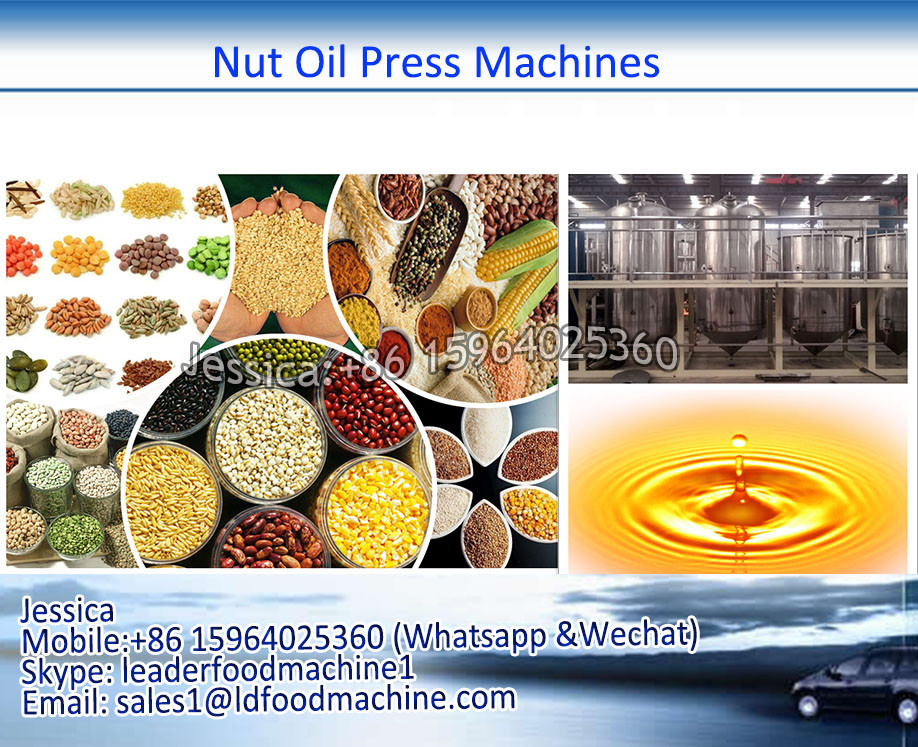
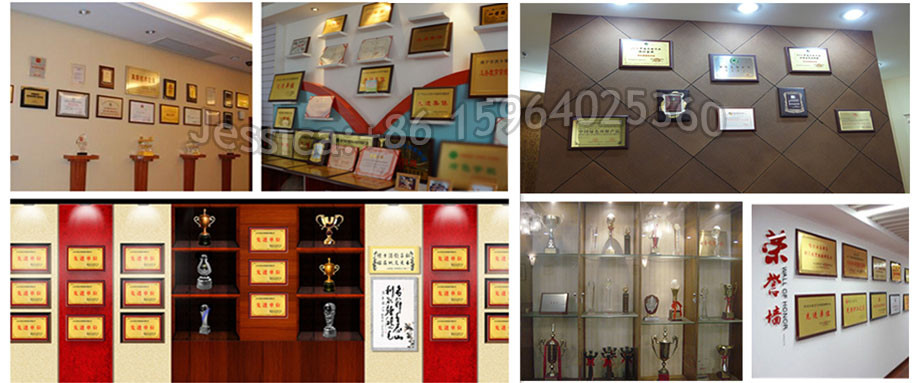
2. Peanut oil presser Pretreatment:
Because many raw materials need to be cleaned. So There are many machine to cleaning, separation and so on.

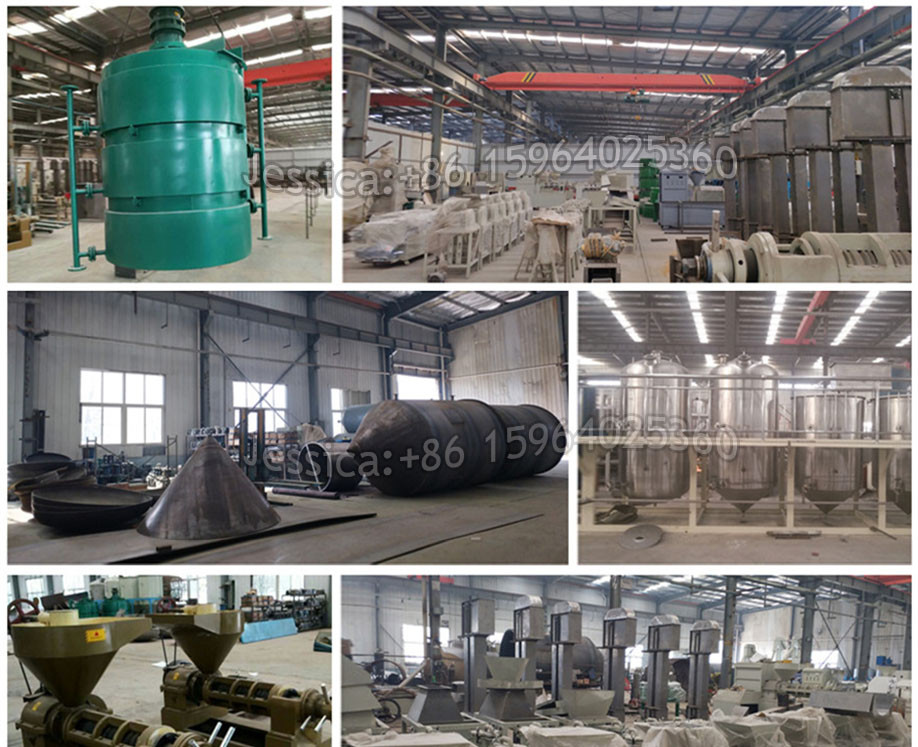
3. Peanut oil presser Extraction:
Solvent extraction fits for pre-press extraction of high-oil-content materials and direct once time extraction of low-oil-content materials.
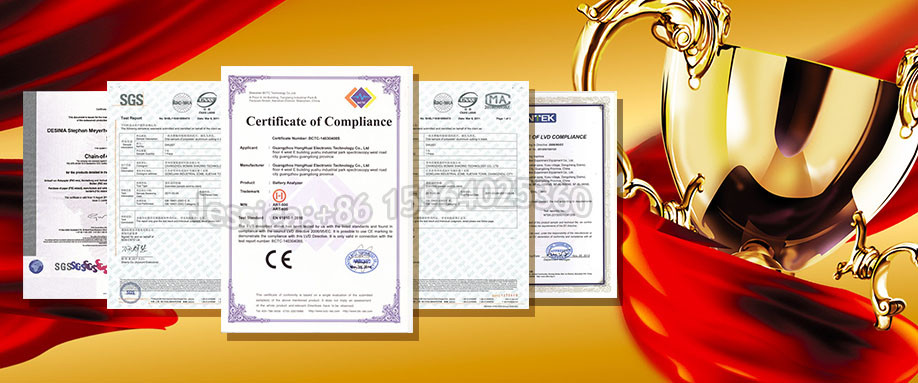
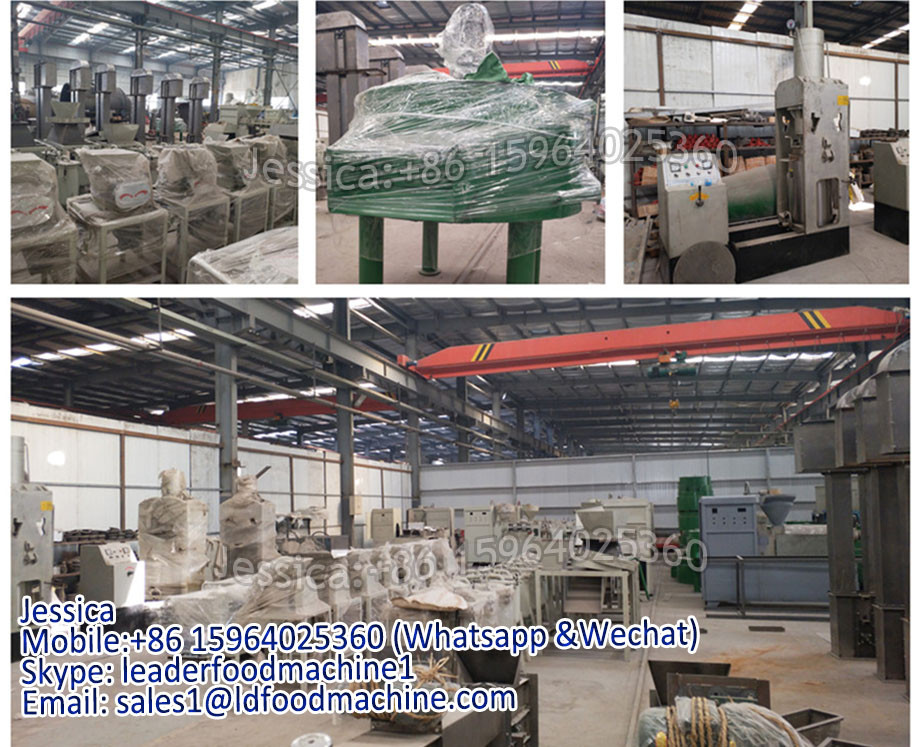
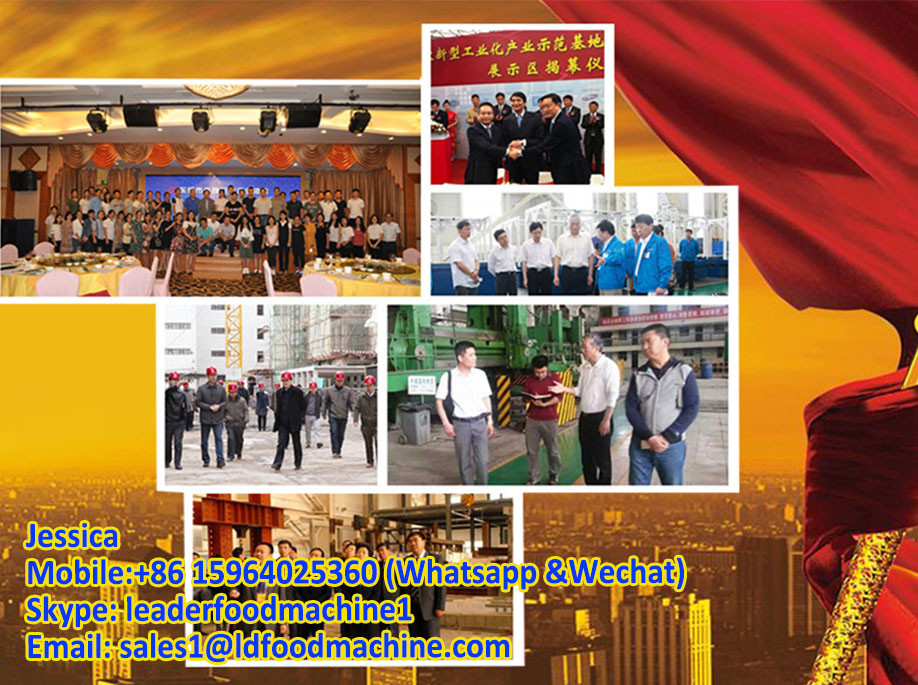
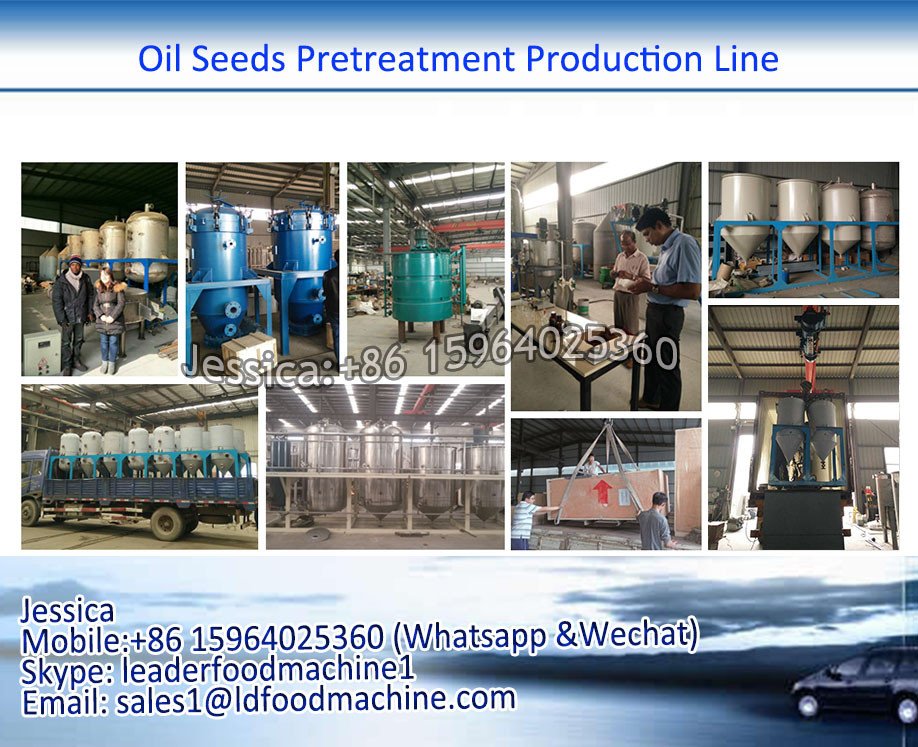
4. Peanut oil presser Refining
Degumming:We are using a special wet degumming,Thorough removal of colloid. Improve the quality of rice bran oil.
Decoloring :Premixing the a certain amount of clay with 20% degumming oil in the premix tank , then using the oil pump pump the premixing oil and the rest 80% oil in the vacuum decolorization tower to get rid of the pigment,then using platetype filter to separate the oil and the waste clay.
Dewaxing:Wax affects the taste of the oil and it's transparency.Poor solubility in oil, cannot be absorbed by human.
Deacidification /Deodorization:Avoid large amounts of neutral oil accident losses, using high temperature and high vacuum environment, by using the method of steam stripping deodorization, removing acid.
Degrease:Different from other oil,rice bran not only exists wax,but also exists fat at low temperature.Effective separation of solid fat are more critical in the process
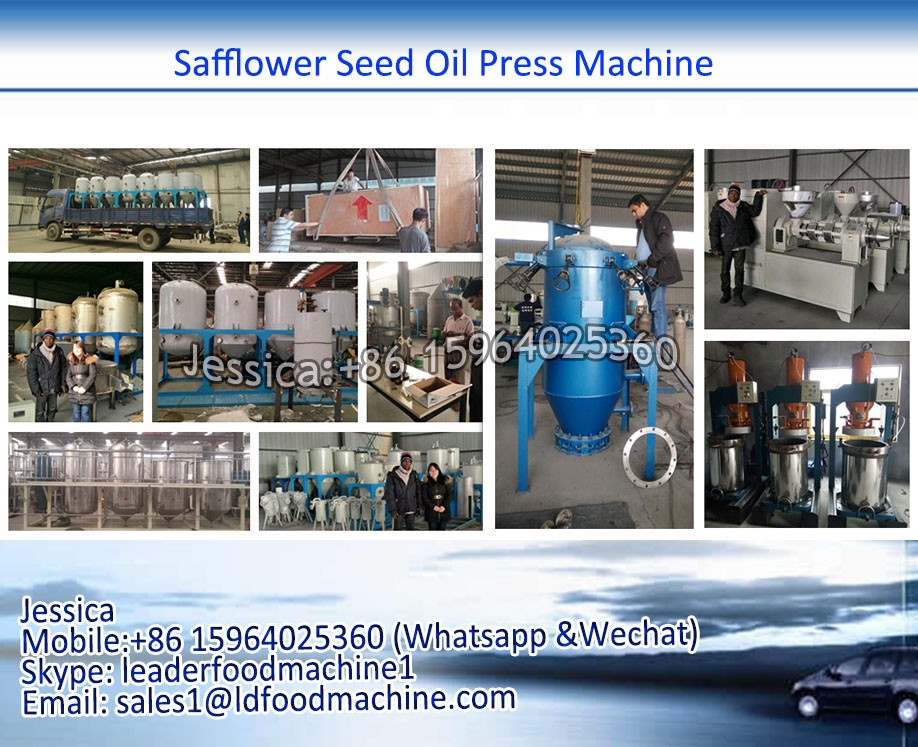
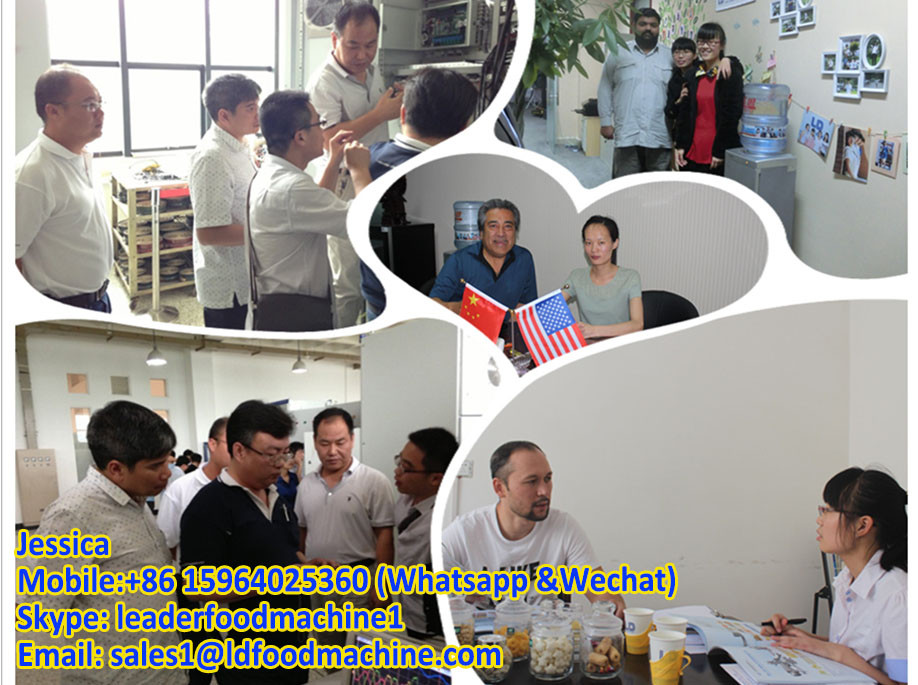
5. Peanut oil presser Advantages
(1) High oil yield , obvious economic benefit .
(2) Lower residual oil rate in the dry meal .
(3) Improving the quality of the meal .
(4) Low processing cost , high labor productivity.
Our company

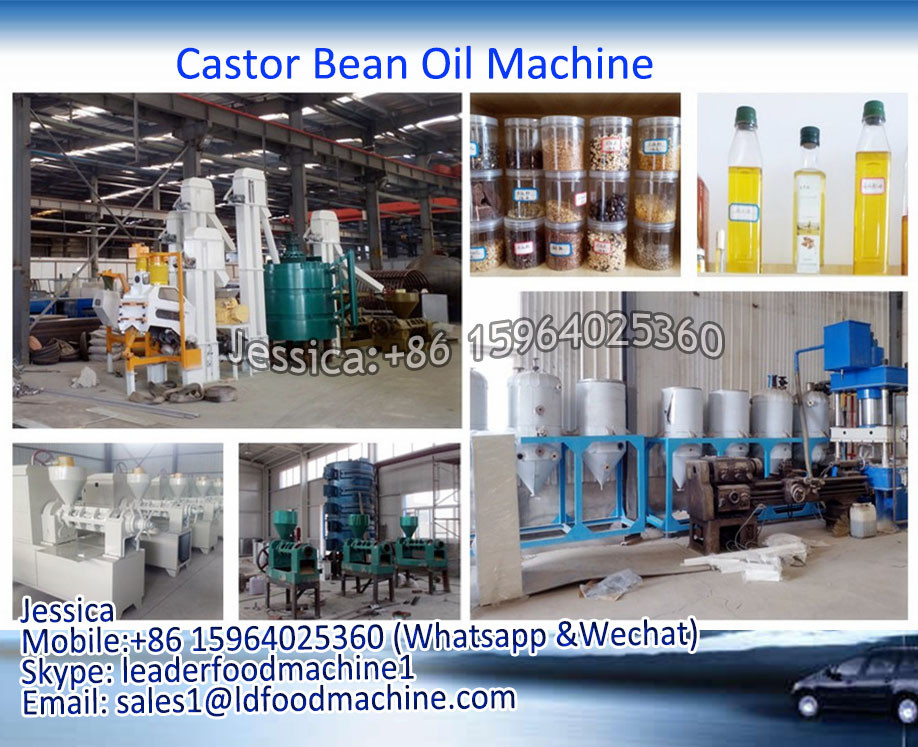
Workshop of Plant


packaging site


shiping


customer visiting


our lab

